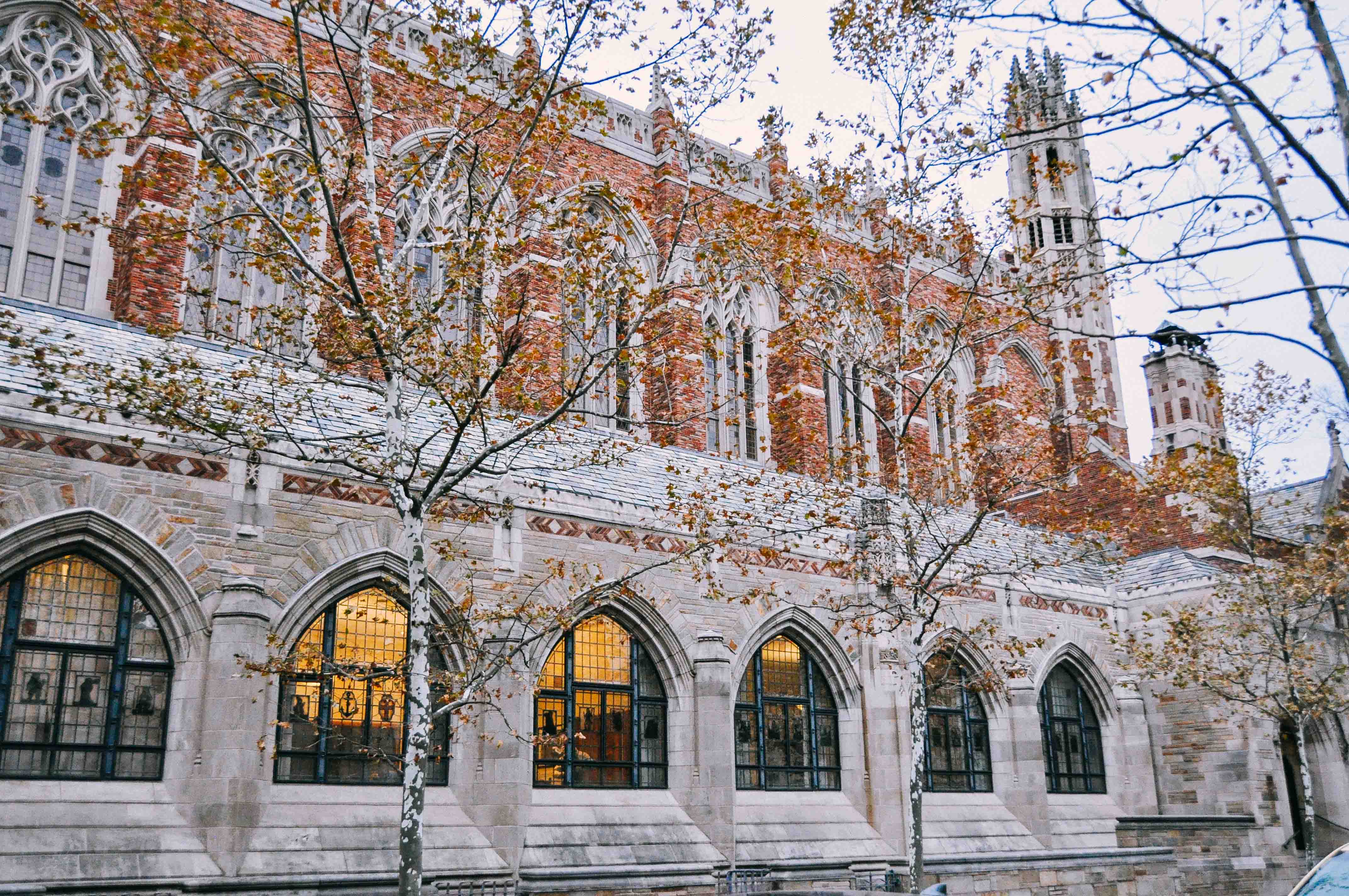
The Media Freedom and Information Access Clinic at Yale Law School filed a petition last month requesting the release of records from two 1971 Boston grand juries tasked with investigating the leak and publication of the Pentagon Papers, a document formally known as the Report of the Office of the Secretary of Defense Vietnam Task Force.
The clinic filed the petition in the United States District Court for the District of Massachusetts on Dec. 17 on behalf of Harvard professor and author Jill Lepore GRD ’95 with assistance from Jonathan M. Albano and Noah J. Kaufman of Morgan Lewis’ Boston office. Partially leaked to the press in June 1971 by RAND Corporation employee Daniel Ellsberg, the Pentagon Papers were a confidential U.S. Department of Defense study of the Vietnam War commissioned in 1967 by Secretary of Defense Robert McNamara. These records, indefinitely sealed unlike the Pentagon Papers themselves which were released completely on the 40th anniversary of the leak, include court transcripts from the trial.
For the clinic’s members, the release of the grand jury files has important implications for the public’s access to government information. According to clinical lecturer Charles Crain, the request marks the first time that the clinic has ever filed a petition requesting the unsealing of grand jury records.
“It is interesting from a standpoint of, ‘Let’s do something we’ve never done before,’” Crain said.
Lepore, whose scholarship focuses largely on the history of privacy, secrecy and evidence, is working on a forthcoming book about the Simulmatics Corporation, a data science firm that was contracted by the Department of Defense to conduct research in Vietnam and got tied up in the Pentagon Papers controversy. Much of the firm’s research in Vietnam was conducted by Samuel Popkin, a young political scientist at the time who was subpoenaed by the Boston grand jury in 1971. Popkin was jailed after he refused to answer certain questions, citing “scholar’s privilege” — what he believed was akin to “reporter’s privilege,” a reporter’s right to not disclose his sources, Lepore explained in her court declaration.
In the process of her research, Lepore zeroed in on Popkin’s story, a “strikingly unknown and yet important part of the Pentagon Papers story,” she said in an email to the News. When she requested access to the records from the National Archives and Records Administration at Boston in June 2018, the archives denied her request, as it violated grand jury secrecy rules. Lepore then approached MFIA for help in filing a petition to unseal the jury records.
“I would like to see the records of this grand jury because it constitutes a landmark in the history of the federal government’s willingness to investigate and prosecute dissidents, scholars, journalists, and anyone else suspected of involvement with the release and publication of classified government material,” Lepore wrote in her declaration. “The investigation ended almost as suddenly as it began, and without explanation, leading to widespread concern about the use of grand jury proceedings as a cover for executive overreach.”
In addition to being a type of case that is new to the clinic, the case is also unprecedented in the Massachusetts court. Despite that, clinic member Jessica Baker LAW ’20 explained that courts in other circuits have granted similar requests before, so the clinic’s team used past successful petition filings as a model for how to approach the case.
According to Baker and fellow clinic member Ellis Liang LAW ’19, much of the clinic’s work on the case involved requesting and securing declarations from living witnesses related to and involved in the grand jury trial, including Ellsberg, Popkin and scholar Noam Chomsky, who helped Ellsberg edit and release the Papers. Ultimately, the clinic secured and submitted eight declarations from people involved with the grand jury investigation in addition to declarations from Baker, Liang and Lepore herself.
“The court finds it really important that the public interest of having the document disclosed for historical reasons is balanced with the privacy interests of the individuals who are involved with the trial, so we need to show that whoever was involved was supportive of us,” Liang said.
According to Crain, the court has yet to address the request. In other circuits, he said that the government has usually requested that the files remain sealed, so “the next big development would be finding out what the government’s position is.” The timeline for the case remains unclear, Crain added.
Looking beyond the relevance of piecing together the historical narrative of the drama surrounding the Pentagon Papers, Liang and Crain said that this case also holds long-term and modern significance. Crain noted that the court’s decision could set a precedent for the way it and other courts handle similar requests in the future.
Liang pointed out that uncovering the grand jury proceedings may hold important implications for freedom of the press and academics, which were addressed in the grand jury investigation.
“We’re not exactly sure what the full picture [of the grand jury trial] is,” Liang said. “Especially now when a lot of these situations are coming up again in an administration that seems to be more critical of press freedom and dissidence … [There are] a lot of contemporary parallels to what happened fifty years ago.”
MFIA was established in 2009.
Asha Prihar | asha.prihar@yale.edu







